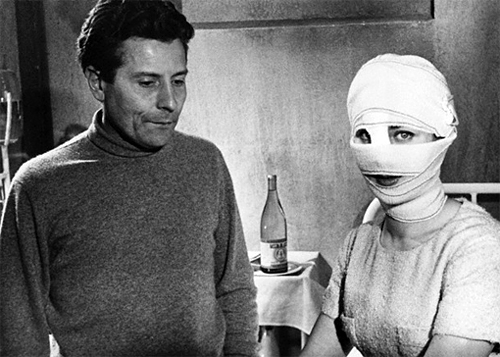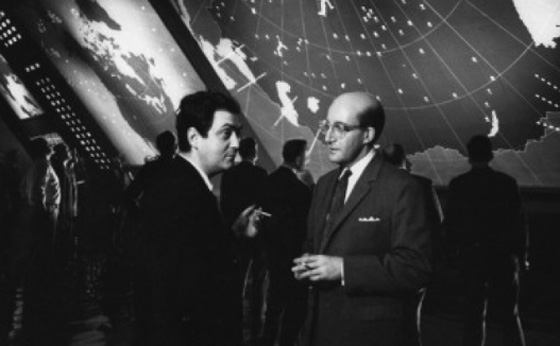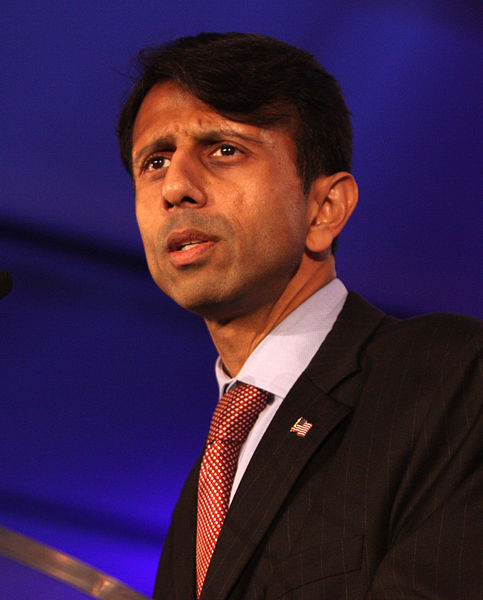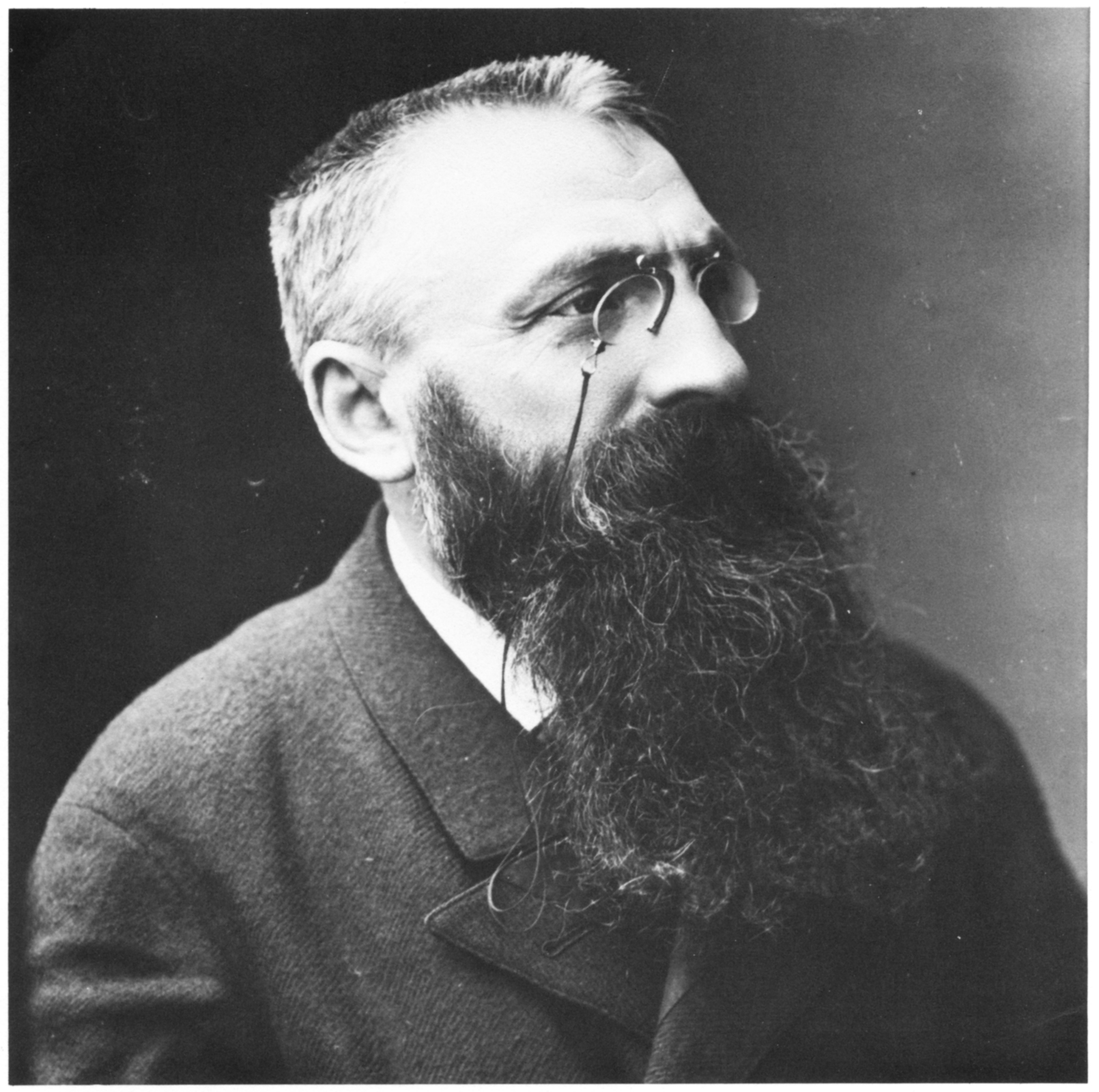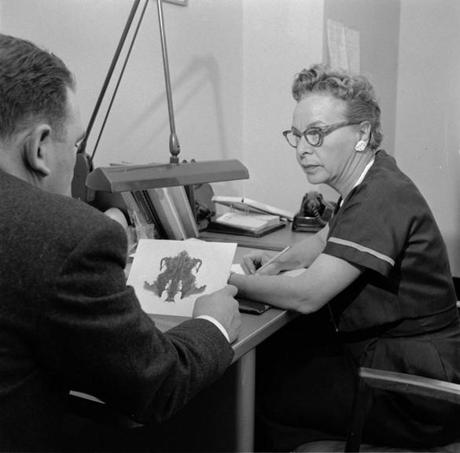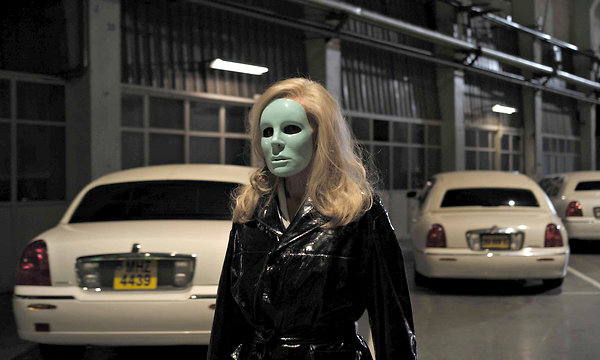
Marcello Mastroianni was a sensitive, befuddled male icon of screen in the second half of the 20th century, often crumbling under the modern world and its changing mores. At the end of 8 1/2, in one of cinema’s greatest scenes, he walks away from all that he’s built, realizing the folly of constructing on a shifting landscape. In real life, the Italian actor was none too fond of the era’s feminist movement, never quite grasping that an unequal society is a sick one for masters and servants alike. Though, yeah, the masters have it way better. An excerpt from a 1965 Playboy interview with Mastroianni during the early days of the cultural revolution:
“PLAYBOY:
All the films you’ve made, in one way or another, are about weak men—psychologically, socially and often sexually impotent. Is that you?
MASTROIANNI:
Yes and no. It’s part of me; and I think it’s part of many other men today. Modern man is not as virile as he used to be. Instead of making things happen, he waits for things to happen to him. He goes with the current. Something in our society has led him to stop fighting, to cease swimming upstream.
PLAYBOY:
What is that something?
MASTROIANNI:
Doubt, for one thing. Doubt about his place in society, his purpose in life. In my country, for example, I was brought up with the thought of man as the padrone, the pillar of the family. I wanted to be a loving, caring, protective man. But now I feel lost; the sensitive man everywhere feels lost. He is no longer padrone—either of his own world or of his women.
PLAYBOY:
Why not?
MASTROIANNI:
Because women are changing into men, and men are becoming women. At least, men are getting weaker all the time. But much of this is man’s own fault. We shouted, “Women are equal to men; long live the Constitution!” But look what happened. The working woman emerged—angry, aggressive, uncertain of her femininity. And she multiplied—almost by herself. Matriarchy, in the home and in the factory and in business, has made women into sexless monsters and piled them up on psychiatric couches. Instead of finding themselves, they lost what they had. But some see this now and are trying to change back. Women in England, for example, who were the first to raise the standard of equality, are today in retreat.
PLAYBOY:
How about American women
MASTROIANNI:
They should retreat, but they don’t. I’ve never seen so many unhappy, melancholy women. They have liberty—but they are desperate. Poor darlings, they’re so hungry for romance that two little words in their ears are enough to crumble them before your eyes. American women are beautiful, but a little cold and too perfect—too well brought up, with the perfume and the hair always just so and the rose-colored skin. What perfection—and what a bore! Believe me, it makes you want to have a girl with a mustache, cross-eyes and runs in her stockings. I got to know a few of them when I was there, but I swear it was like knowing only one woman. Geraldine Page was the only exception—and an exciting one.” (Thanks Cinema Archive.)


